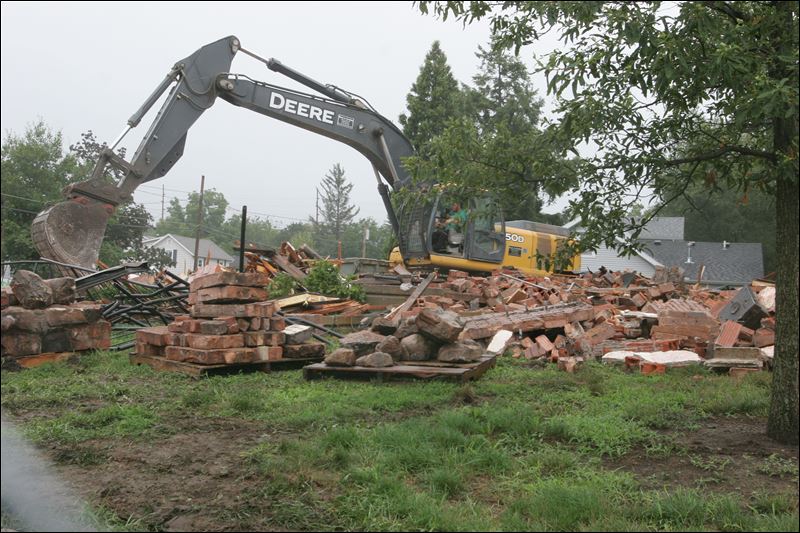So I do a lot of crossword puzzles. I also do jigsaw puzzles, but we're talking about word puzzles right now, you guys, don't distract me. Certain words that I am pretty sure are not real outside of Crosswordland come up over and over again in puzzles. Words like "eft" (baby salamander) or "anil" (indigo plant). See what I'm saying? Sometimes crossword creators are like, "Goddamnit, I need an 's' here" so they use a British spelling of something, like when Brits write "realise" or "amasing"* but say them like us 'Mericans do with a
voiced alveolar fricative (z). And since they call the letter that often goes with that sound "zed," which is clearly way more fun than "zee," I do not know why they don't spell more words with it. SRSLY, Britons, WTF? Anyway, it's time for a homophone party up in here. GET READY, NERDZ!
But anyway, "rase" comes up a decent bit in crosswords (four very useful letters), which is the (a?) British spelling of "raze," according to crosswords. According to our friends at the
OED, the verb "rase/raze" which now basically means to tear down or level something originally came into English from Latin by way of Anglo-Norman, where the verb
raser meant to shave or cut off. Like that thing you do with a RAZOR. GET IT? I like the idea of a bulldozer "shaving" a building to the ground. From the same root comes the modern word "erase," which originally only applied to writing, but has now been extended to any kind of deliberate destruction to the point of disappearance.
But seriously, why does "raze" sound so much (as in the, same as) "raise"? Are they related words?
To raise something or somebody up has, (unlike "raze") deep Germanic roots. It apparently comes from an Old Scandinavian word that means to erect a stone monument or some such other act of building. There are so many different definitions of what it means to raise something, and debates about whether one should use raise or rear when talking about children or animals or crops or whatever, but trust me, British people, without a doubt, you don't get a "pay rise" here in the Land of the Free. Also, apparently early common usage of "raise" can be found throughout the
Wycliffe Bible, which is in Middle English and unfortunately has nothing to do with
this guy. In Middle English, raze and raise would not have rhymed, they would have been more like [ra:z] vs. [reiz] or [reizə],** respectively. But these vowels largely merged during the
Great English Vowel Shift, so now it's just confusing for people trying to learn to read. Take that, illiterates (and kids and foreigners)!
But lastly, how are these verbs related to raisins? These days, we usually mean dried grapes when we talk about raisins.*** "Raisin" originally meant (and can still sometimes mean) a cluster of grapes or a grape. This word comes from any variety of spellings of an Anglo-Norman or Old French meaning grapes or whatever. It was for many centuries a homophone of "reason," but in the last few hundred years, the first syllable followed the pattern of the earlier Great Vowel Shift and became the
diphthong it is today. Fun fact: this process is also called "vowel raising." What? BOOM.
 |
| These are raisins. |
EDITED TO ADD: The folks at Oxford set me straight:
-ize and -ise are both correct in British English. Sorry to spread lies/z about you, Britain.
*I made this one up.
**Do not quote me, I am not a Middle English scholar.
***Either that, or a sweet 1980s claymation R&B group.




"Anil" (actually "añil") just isn't the common name of the plant in English -- it's mostly called "indigo" in Anglophone regions. The reference survives as the chemical name "aniline", also known as phenylamine, first distilled from the plant pigment indigo, and later synthesized from coal tar and benzine. Its primary uses today are as precursors to clothing dyes, particularly the blue of blue jeans, and the aniline analgesics, of which acetaminophen (paracetamol, Tylenol) is the only one still in common use.
ReplyDeleteI'm with you on "eft" though. Crossword editors are the only people who ever spare a thought for baby salamanders.